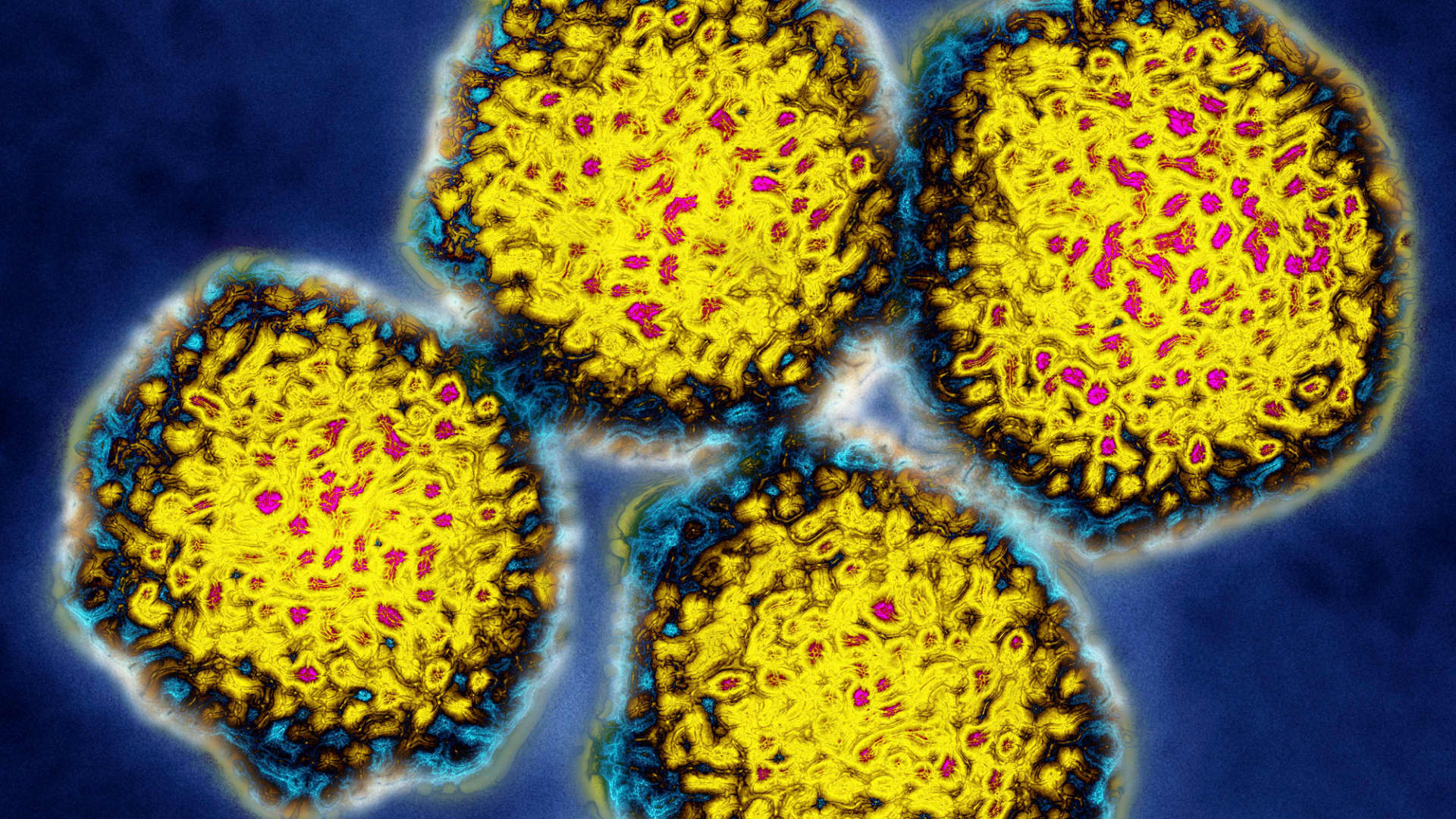Hepatitis C virus
BSIP | UIG | Getty Images
The majority of individuals in the United States who have tested positive for hepatitis C have not achieved a cure due to the high cost of oral antiviral treatments and obstacles imposed by insurance plans, according to federal health officials. Hepatitis C, often referred to as the silent killer, initially presents with minimal to no symptoms. However, over time, the virus can lead to liver damage, liver cancer, liver failure, and ultimately, death. The primary mode of transmission is through contact with infected blood, primarily from needle sharing among drug users.
Gilead Sciences and Abbvie have developed breakthrough oral antiviral treatments that have been on the US market for nearly a decade. These medications, taken once a day for eight to twelve weeks, have a cure rate of more than 95% for hepatitis C cases.
Despite the availability of these medications, only one-third of the 1 million adults in the US who tested positive for hepatitis C between 2013 and 2022 have been cured, according to a report from the Centers for Disease Control and Prevention (CDC). Health officials estimate that there may be an additional million individuals who are infected but unaware of their status.
In 2020, hepatitis C contributed to nearly 15,000 deaths in the US, as reported by the CDC. Dr. Jonathan Mermin, director of the CDC division specializing in HIV and viral hepatitis, expressed concern over the thousands of lives lost each year to a preventable infection that has been curable for over a decade. As a result, the Biden administration has proposed $11 billion in funding for a national program to eliminate hepatitis C by 2030. Dr. Francis Collins, leading the initiative at the White House, believes this program will not only save lives but also reduce healthcare costs.
Addressing Health Insurance and Hepatitis Care Costs
Federal health officials have identified the primary obstacles to hepatitis C treatment as the requirements imposed by health insurance plans and the high cost of treatment. The cost of the antiviral pills can reach up to $24,000 per patient. Dr. Carolyn Wester, head of the CDC’s viral hepatitis division, highlighted that some health insurers require burdensome preauthorization processes and limit which healthcare providers can prescribe the medications.
Collins, who previously served as the director of the National Institutes of Health, stated that community health centers treating uninsured individuals cannot afford to provide the medications to all patients. According to the CDC, only 1 in 4 uninsured adults diagnosed with hepatitis C has been cured. State Medicaid plans also impose restrictive requirements, such as evidence of liver disease and sobriety, as well as the involvement of specialists. These requirements, combined with the high cost of drugs, make it challenging for Medicaid to treat all infected individuals, as noted by the US Health and Human Services Department.
Under President Biden’s proposal, the federal government would negotiate a lump sum payment with pharmaceutical companies like Gilead and Abbvie for the drugs. Subsequently, these companies would provide the medications for free to the uninsured, state Medicaid programs, prison systems, and individuals residing on Native American reservations. This proposal is based on Louisiana’s model, launched in 2019, where the state paid Gilead subsidiary Asegua Therapeutics a lump sum for enough drugs to cure nearly all Medicaid patients and incarcerated individuals over a five-year period.
In addition to addressing cost barriers, Collins mentioned that the National Institutes of Health and the Food and Drug Administration are working on the approval of a rapid hepatitis C test. The goal is to develop a test that can diagnose and treat patients in a single visit, providing results within an hour or less.
Denial of responsibility! VigourTimes is an automatic aggregator of Global media. In each content, the hyperlink to the primary source is specified. All trademarks belong to their rightful owners, and all materials to their authors. For any complaint, please reach us at – [email protected]. We will take necessary action within 24 hours.


